Even though I worked in a tech-field company, I can’t tell you how many times I encountered women in meetings who would shy away from any tasks that dealt with spreadsheet calculations. Granted I worked heavily in training and human resources which seemed to be female-dominated. I often heard comments like: I’m not any good at math or I was always really bad at math, let’s have so and so do that. It made my skin itch. I wasn’t particularly skilled at it either, but I was willing to try to learn how. I actually learned that I had a love for using spreadsheets to calculate and and report out data visually. Used ratio and proportion calculations on a near daily basis to recreate objects to scale. When I was working as an elementary school teacher in the Ninties, I heard similar self-disparaging comments from women. It made me cringe because these were the same people who were teaching math to the girls (and boys) in their classroom. Some of those self-doubts, fears and inhibitions were probably rubbing of on those girls.
How many of those women had math skills that they applied in some of the other everyday tasks and efforts that they did in tasks and crafts that were/are traditionally thought of as belonging to female roles: Sewing, knitting, cooking? These arts used geometry, calculations, proportions, etc. What builds my ire up even more is that America is probably the only developed nation where the stereotype that women are less capable or adept at mastering math is so prevalent. Many researchers and math education experts are now saying that WE MUST STOP MAKING THESE SELF-DISPARAGING COMMENTS about our inability to master math. Saying these things in front of young individuals both male and female perpetuates the stereotype that women are naturally not as talented and capable of being skilled in Math than men.
I did have the opportunity to work with a few female middle school math teachers and they were absolutely inspiring. I had the good fortune to work side-by-side with a teacher who put a huge investment in the curriculum she chose to teach to her students. She chose one that not only helped her students see and interpret math in both their own lives and the real world, she worked in conjunction with the Science, English and Social Studies teachers to develop an integrated curriculum which had themed foci that the kids could relate to. Also, just plain and simple – she conveyed a passion for math and she served as a role model for the girls in her course.
Math Resources for Teachers and Parent of Girls:
I found some terrific resources for parents and teachers on ERIC. I also found an excellent podcast on NPR Science Friday on the importance of getting more girls interested and building their confidence in Math. The podcast features an interview with Danica McKellar actress and math spokesperson who authored a book designed to encourage middle-school girls to be more confident and resolved to learning math and succeeding in math. Danica sounds so passionate about the subject but what I really respect and admire about her is that she openly says… it’s okay to be a girl and show that you’re smart! (Funny, how in this day and age that this is still and issue).
Gender-Fair Math: A short overview of the crisis and issues surrounding the lack of female interest in mathematics. There are some really good suggestions for helping build girl’s self-confidence.
Add-Ventures for Girls: Building Math Confidence: a huge (348 page) guide for Junior High Teachers. I’ve only skimmed through the first chapters.
Encouraging American Girls to Embrace Math – NPR Podcast with interviews with Danica McKellar and Members of the Womens’ Math Olympiad Team
Danica McKellar’s Website – Check out the Section for the book Math Doesn’t Suck.
Biographies of Women Mathematicians


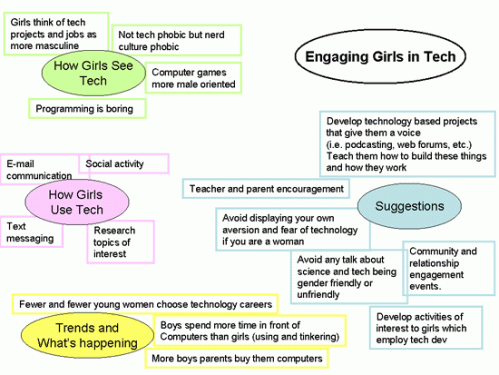

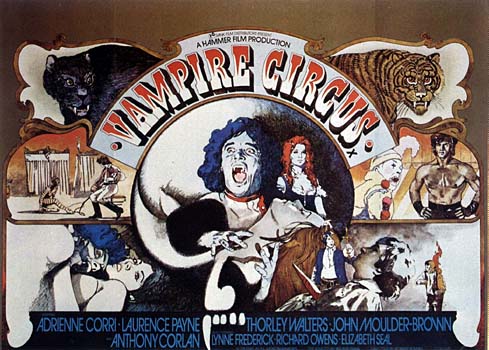
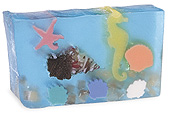





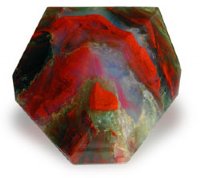
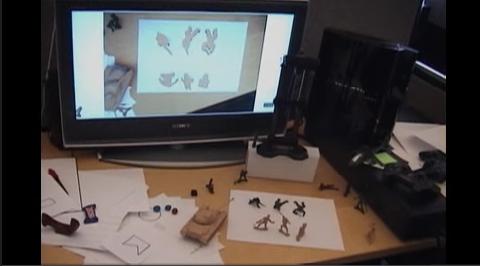
You must be logged in to post a comment.